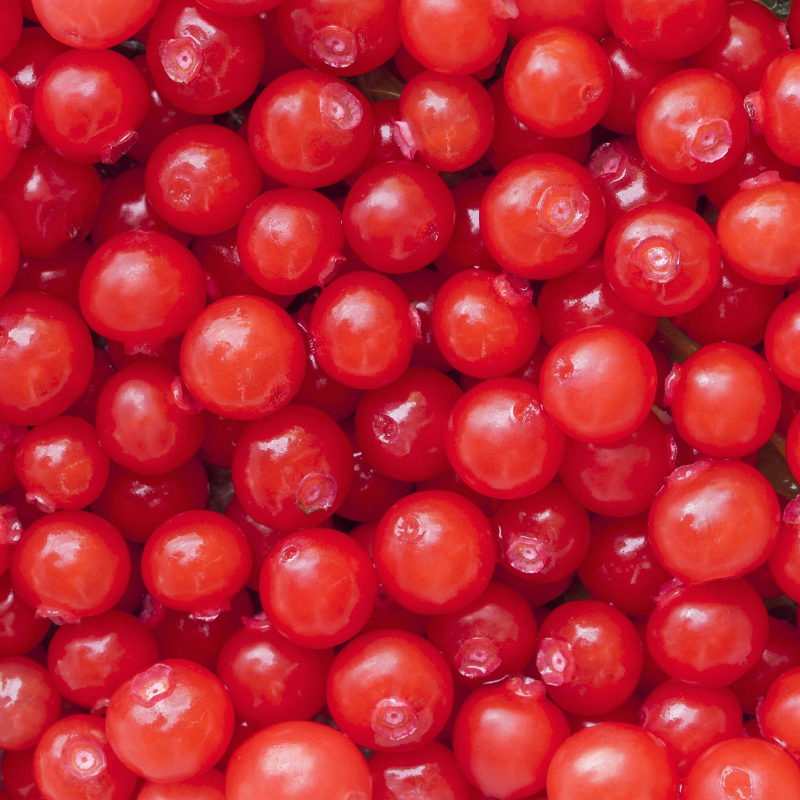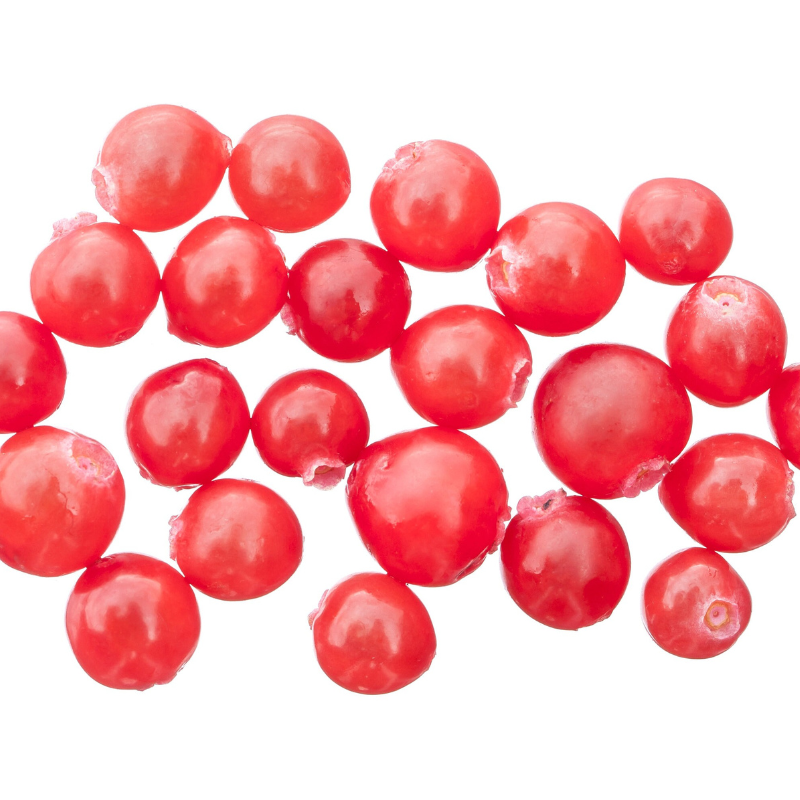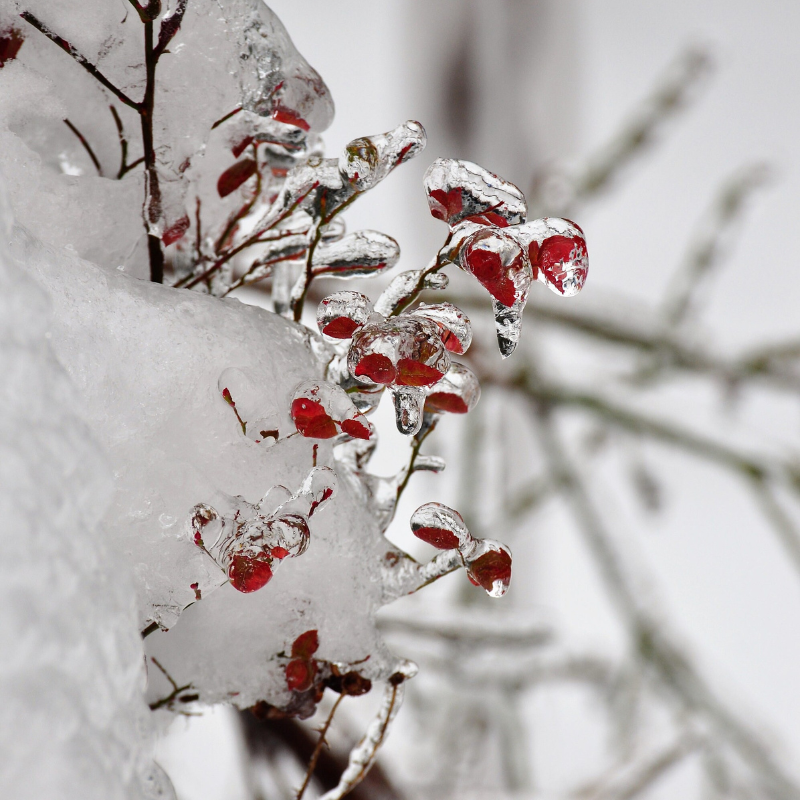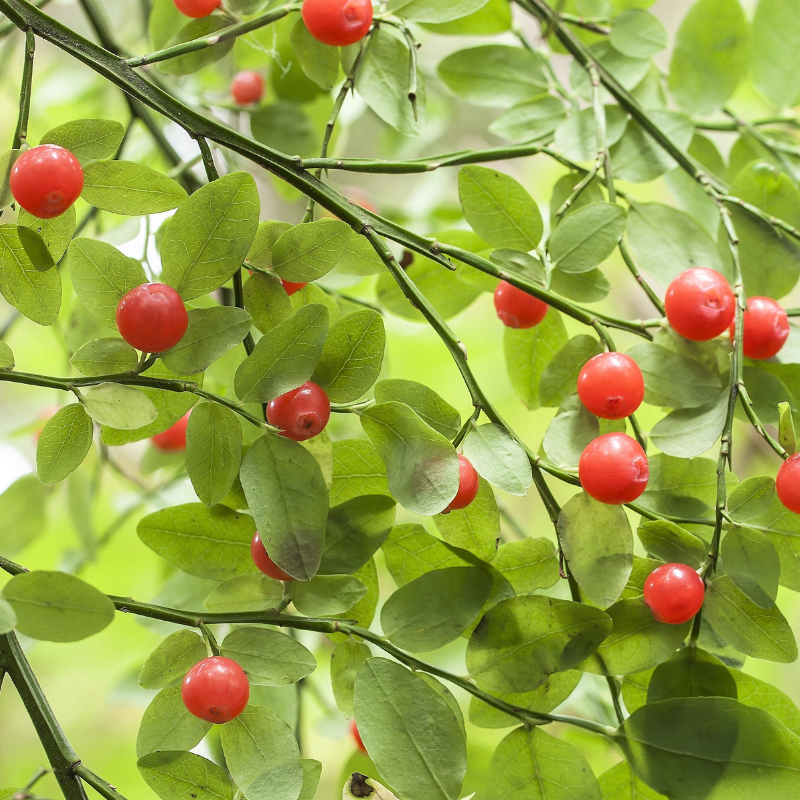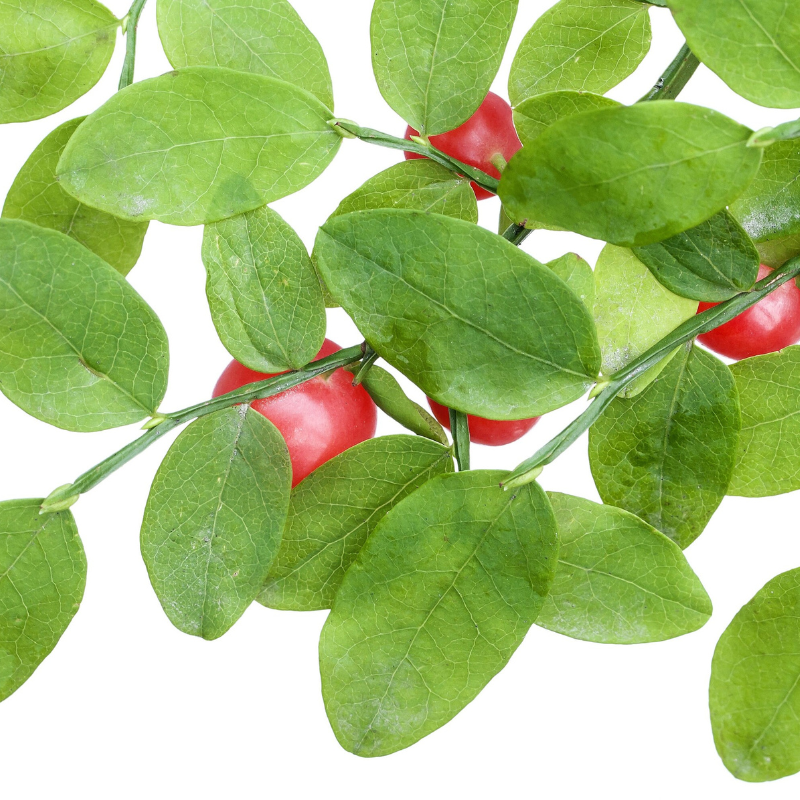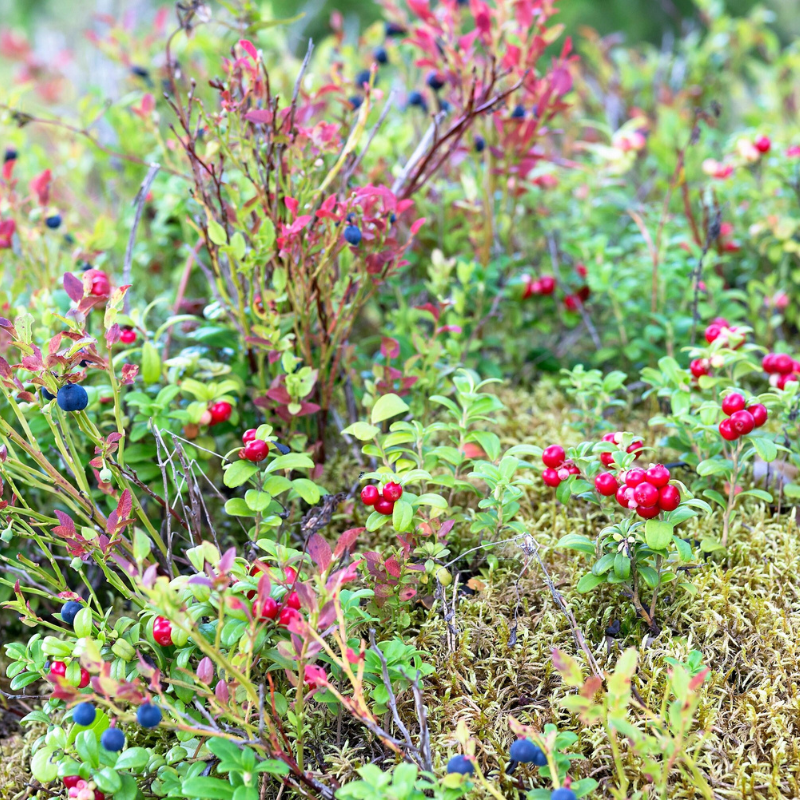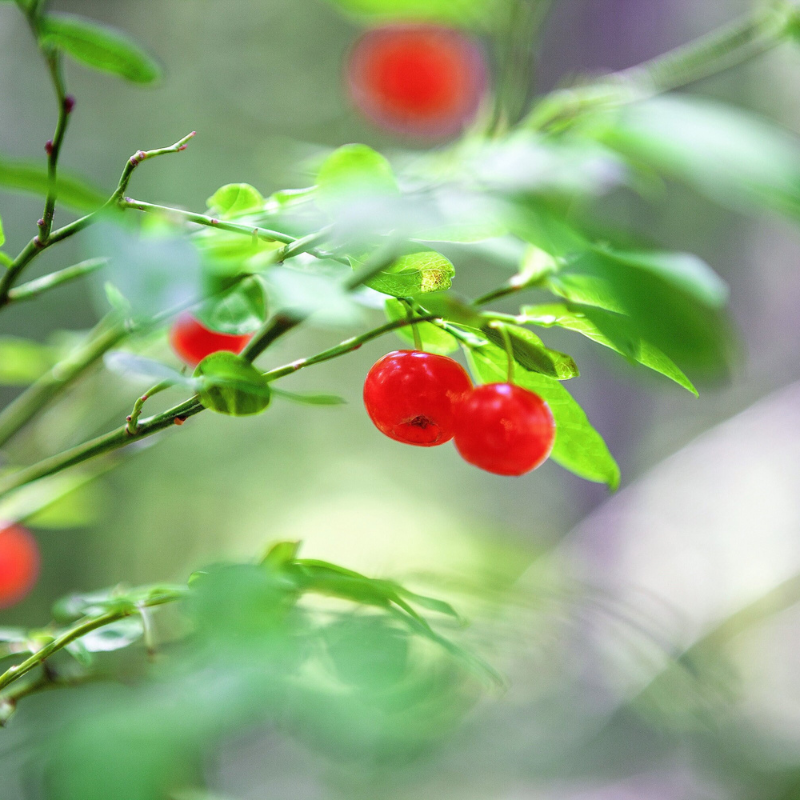- Historical context: Huckleberries have been a part of North American flora for centuries, with Native American tribes utilizing them for food and medicinal purposes.
- Geographical origination: Huckleberries are native to North America, particularly in the Pacific Northwest and the Rocky Mountains.
- Relevant cultural significance: Huckleberries hold significant cultural value among Native American tribes, who used them in various traditional dishes and as a natural remedy.
- Time period of discovery: Huckleberries have been known and used by indigenous peoples for thousands of years, with documented use dating back to pre-colonial times.
- Original habitat: Huckleberries typically grow in forested areas, mountain slopes, and subalpine regions.
- Notable historical uses: Historically, huckleberries were used in pemmican, a traditional Native American food, and as a dye for textiles.
- Ideal temperature range: Huckleberries thrive in temperatures ranging from 60°F to 70°F (15°C to 21°C).
- Soil type: They prefer acidic, well-drained soils with a pH between 4.5 and 5.5.
- Sunlight requirements: Huckleberries require partial to full sunlight for optimal growth.
- Watering needs: They need consistent moisture, but the soil should not be waterlogged. Regular watering is essential, especially during dry periods.
- Planting season: The best time to plant huckleberry seeds is in the spring after the last frost.
- Germination time: Huckleberry seeds typically take 2 to 4 weeks to germinate.
- Growth cycle duration: Huckleberries usually take 2 to 3 years to produce fruit after planting.
- Common pests and diseases: Common pests include aphids and spider mites. Diseases such as powdery mildew and root rot can also affect huckleberries.
- Companion planting advice: Huckleberries grow well alongside blueberries and other acid-loving plants.
- Common challenges and solutions: One common challenge is ensuring the soil remains acidic. Adding organic matter like pine needles can help maintain the desired pH level.
- Nutritional values: Huckleberries are rich in vitamins A, C, and E, as well as dietary fiber and antioxidants.
- Health benefits: They are known for their anti-inflammatory and antioxidant properties, which can help reduce the risk of chronic diseases.
- Culinary uses: Huckleberries are used in a variety of dishes, including pies, jams, jellies, and syrups. They can also be eaten fresh or dried.
- Medicinal uses: Traditionally, huckleberries have been used to treat digestive issues and boost the immune system.
- Other unique advantages: Huckleberries are known for their unique, sweet-tart flavor, making them a popular choice for gourmet recipes and specialty foods.
